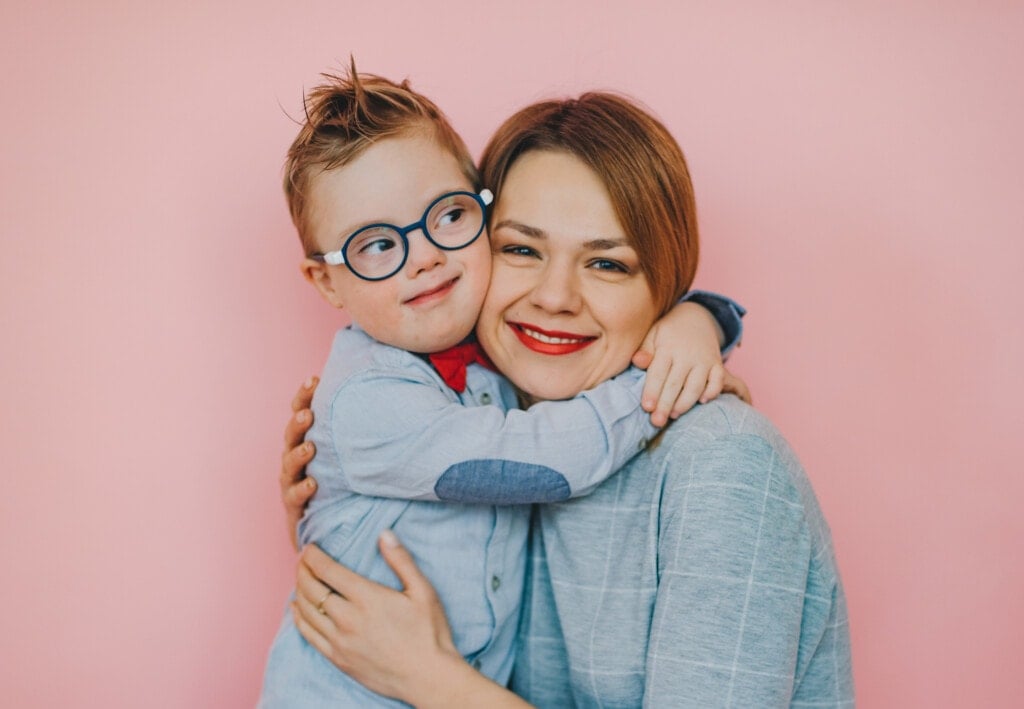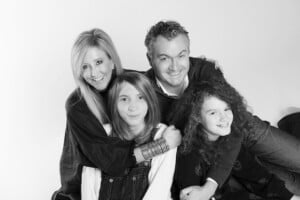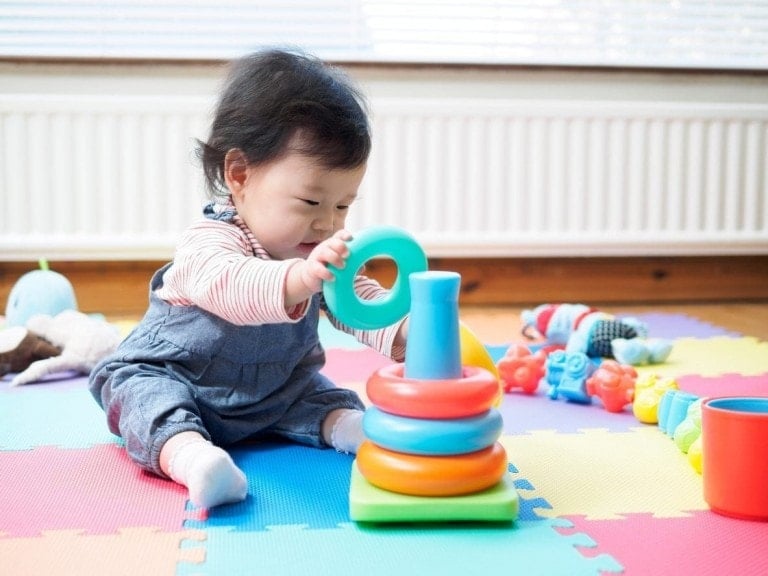Over the last few years, some may say we have moved mountains in the way of stereotypes, acceptance, and equality. If nothing else, some light has been shed on antiquated systems and speech in our societies that are no longer acceptable. This ever-changing world and its views are refreshing. There is hope that when today’s children grow up, they will stop using slang or slur to identify individuals. The idea of acceptance will be second nature, as it was always meant to be.
While these movements have created such change, it is hard not to notice that, in some ways, a whole population of individuals is missing from these radical changes. Individuals with limitations due to physical, mental, or social disabilities were medically labeled mentally retarded many years ago. That label has changed, but unfortunately, some people still use the slang term “retard.”
Is using the “R” word okay because society has disassociated it with those with limitations, or is it much simpler than that? Is the word used because those who use it do not understand its implications or true meaning?
Why It’s Never Okay to Use the “R” Word
For years, I worked with Autism Speaks and many individuals with disabilities that caused them many limitations. I also married a man from a long line of special education teachers. He is one himself. He also had an aunt who had Down Syndrome. To say that we are acutely aware of how to address individuals with a disability would be an understatement.
Years ago, my mother-in-law, a special education teacher for 28 years and whose sister had very low-functioning Down Syndrome, joined me on a trip to Target. We were wandering the aisles when two mid-20-year-olds walked by and kept saying, “Don’t be such a retard.” It is a statement that I’ve often heard said casually. My mother-in-law asked them why they were calling each other the “R” word. Their response was apologetic, and they replaced it with “stupid,” which was not much better but is the correlation that most people make.
When they did that, my mother-in-law turned to them and explained how offensive the word was. She explained that using the “R” word to identify people as limited, stupid, or different was not the correct term. She informed them that the way they were using the word was “dumb.” How did they feel being labeled as such? My mother-in-law didn’t blame or show anger for their lack of knowledge about the term they were using. Instead, she took a moment to teach them and share the gross misunderstanding about the word’s meaning and why it is offensive.
The History of the “R” Word
Over time, using the “R” word has become common in informal speech. It has become harder to see the connection between its original meaning and the word’s current use. That is why it is difficult for people to understand why the word is offensive. According to the Merriam-Webster dictionary, retarded is defined as “affected by intellectual disability.” But is also labeled as informal, offensive, and dated.1
At one point in history, “mental retardation” was a medical term used to describe a person with an intellectual disability.2 Since then, the term has been replaced by “intellectual disability.” It more accurately describes the limitation and is more accepted. Sadly, even though this change was made, the origin of the “R” word remains part of daily slang. A movement by the Special Olympics called “Spread the Word to End the Word” was started in 2009 to help eliminate the use of the “R” word. They have made countless PSAs and initiatives to help create a more inclusive movement, which is remarkable.3,4
A Lesson We All Need to Learn
It is difficult for most people to realize how important eliminating this word is. The offensiveness goes unnoticed by those not immersed in a world of exclusion and discrimination toward people with intellectual and developmental disabilities. It is good to recognize that you may not understand the repercussions of using certain offensive language. But while it’s good to acknowledge that you may not understand, do not become ignorant as a result.
That day in Target, my mother-in-law used her experience, knowledge, and patience to shed light on what has been viewed as a taboo topic for decades. Her tactic of explaining why it was not okay to use is a lesson we should all learn. A consummate teacher, she showcased how important that message was and still is today. Even though the meaning is incorrect in using the “R” word to describe someone, the reason behind it is so much more damaging.
As Parents, We Have Work to Do
As parents, we are learning new ways to introduce topics to our children as they grow up in this era of change. We encourage them to play and learn in a world of greater equality and acceptance. Maybe, to the same point, we can start promoting inclusion for those with more limitations than them.
However, it’s important to remember that immersing our littles in these worlds is not enough when we want to make a change. We must explain why being in company with those with differences is so important. They need to learn how everyone contributes something good to our world. Hopefully, our children will learn to pause before using offensive terms. They will understand why it is offensive and feel connected to those whom it offends. We cannot raise our littles as we were raised where using the “R” word is okay. That world no longer exists. Isn’t that something to be hopeful about? Here are some tips for speaking to your children about autism.











